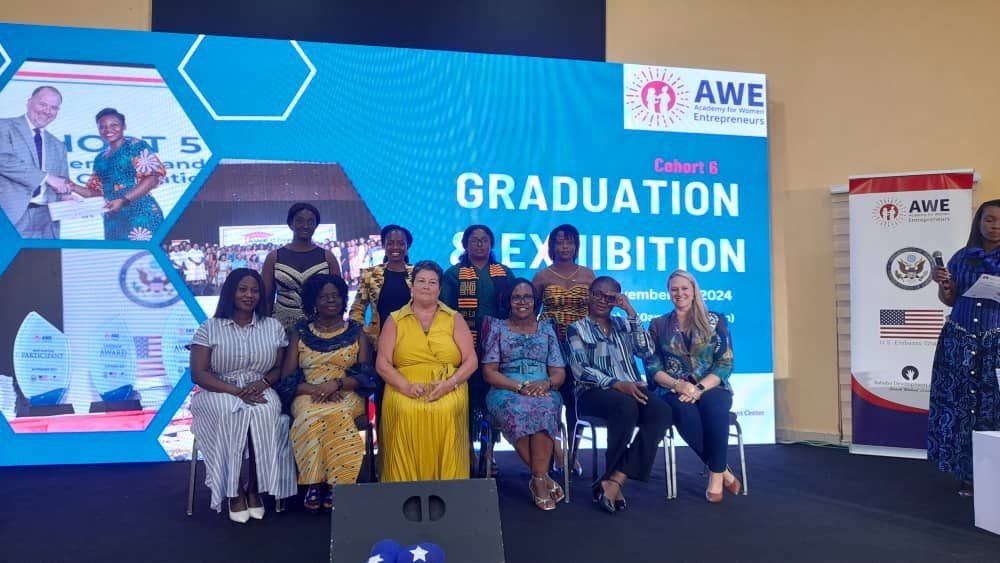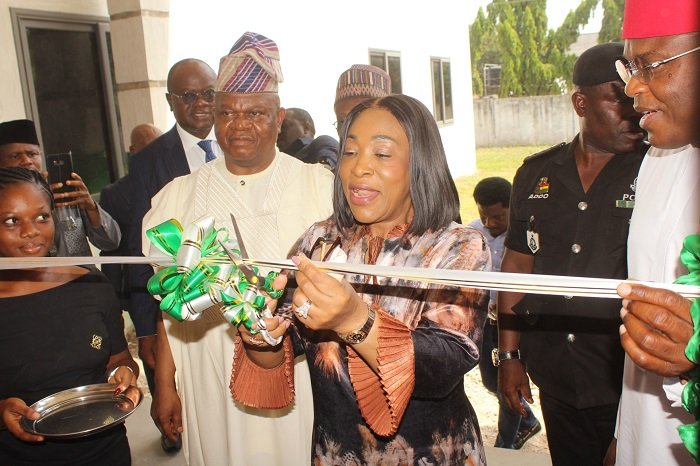ARTICLE AD
Seasoned broadcaster, and Executive Director of the Meena Breast Cancer Foundation (MBCF), Ibrahim Oppong Kwarteng, has urged the government to cover the full cost of breast cancer treatment in Ghana.
According to the Executive Director, the high expenditures associated with treatment of breast cancer contributed to tragic outcomes, as some patients abandon treatment halfway leading to worsened complications, and untimely deaths.
Addressing a press conference in Accra on Wednesday, Mr Kwarteng said many breast cancer patients in Ghana fell within the poverty line and it was crucial that government absorbed treatment under the National Health Insurance Scheme (NHIS).
“Government should make breast cancer care and treatment free. Much as we are all aware that government incurs a lot of cost in the healthcare delivery system, it is important to also know that there are many poor women in the poverty bracket who cannot pay for the high cost of treatment of breast cancer including biopsies, mammograms, pathology, chemotherapy, and radiotherapy, among others.
“We plead with the government to make breast cancer treatment and care free to save more women from untimely deaths,” he urged.
According to the Communications and Advocacy Officer of the foundation, Nina Ahems Duodu, the foundation since its establishment has visited at least 50 Senior High Schools, religious groups, corporate institutions and many communities across the country to offer free breast cancer education and screening.
“Of the 7,641 students screened, 5 per cent showed abnormal breast tissue density highlighting the need for continued education and monitoring. Our initiative has sparked meaningful conversations among students, teachers and parents, helping to dispel myths and stigma surrounding breast health,” she mentioned.
Ms Duodu also stated that a key challenge in the fight against breast cancer was centralised facilities that offered treatment, and called for efforts to decentralise such infrastructure in order to allow for comprehensive treatment for more women.
Moreover, she said the focus on October only as breast cancer awareness month was limiting as the disease was prevalent and affected women all year-round.
“Awareness and support should be ongoing, not confined to a specific time and we therefore advice against over-focusing on October as a breast cancer awareness month and spread awareness campaigns and support throughout the year,” Duodo stated.
She entreated government to ensure a sustained breast cancer advocacy through multifaceted strategies, including promoting breast self-examination, public awareness and education, increased funding for breast cancer treatment and development of a comprehensive national breast cancer policy to tackle the epidemic.
The Acting Director of Claims at the National Health Insurance Authority (NHIA), Dr Abigail Nyarko Codjoe Derkyi-Kwarteng, added that putting comprehensive breast cancer treatment on the NHIS list was on the table for consideration although screening and diagnosis are as well as some basic care were under the package.
She then advised women to take the opportunity of the present offer on the NHIS to examine their breasts regularly to easily detect and anomaly for prompt care.
BY ABIGAIL ANNOH

 3 weeks ago
38
3 weeks ago
38 

